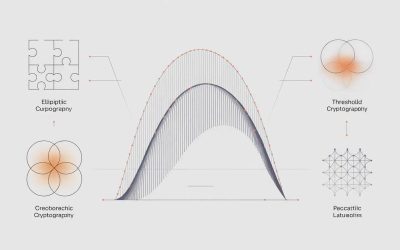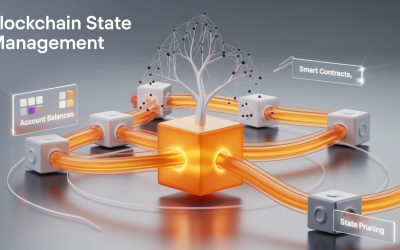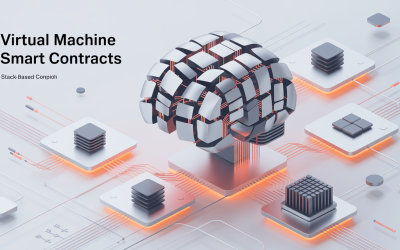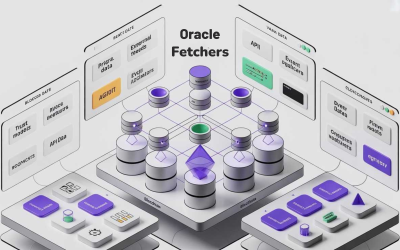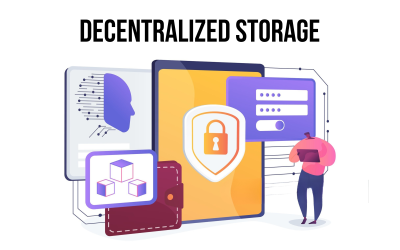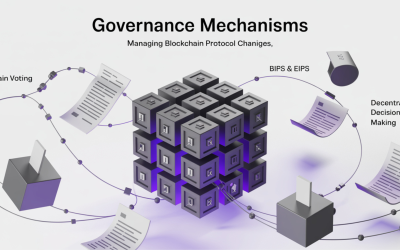Modern digital security relies on sophisticated cryptographic primitives that form the backbone of secure communication systems. These mathematical foundations enable organizations to protect sensitive data while facilitating complex operations across distributed...
Blockchain APIs and Interfaces: Interacting with Networks
Blockchain technology has revolutionized digital interactions. However, accessing and communicating with blockchain networks requires specialized tools and interfaces. Consequently, developers need robust APIs and interfaces to build applications that interact...
State Management: Tracking Blockchain World State
Blockchain State management represents the backbone of every blockchain network, ensuring accurate tracking of all account balances, smart contract data, and network information. Furthermore, understanding how blockchains maintain their world state becomes crucial for...
Virtual Machines: Executing Smart Contract Code
The foundation of blockchain technology is virtual machines, which allow smart contract code to be executed securely and deterministically over dispersed networks. These advanced solutions also serve as a link between blockchain infrastructure and high-level...
Oracle Systems: Connecting Blockchain to External Data
Oracle systems serve as essential bridges between blockchain networks and real-world data. Furthermore, these critical infrastructure components enable smart contracts to access external information securely. Consequently, understanding oracle systems becomes vital...
Decentralized Storage: Distributed File Systems on Blockchain
Traditional cloud storage systems rely on centralized servers controlled by single entities. However, decentralized storage represents a revolutionary approach that distributes data across multiple nodes in a network. Furthermore, this technology combines blockchain...
Token Economics: Digital Asset Design and Incentives
Token economics forms the backbone of successful blockchain projects. Furthermore, understanding digital asset design becomes crucial for investors, developers, and ecosystem participants. Consequently, this comprehensive guide explores the fundamental principles that...
Governance Mechanisms: Managing Blockchain Protocol Changes
Blockchain governance mechanisms represent the fundamental framework through which decentralized networks evolve and adapt. These systems determine how protocol changes are proposed, evaluated, and implemented across various blockchain platforms. Understanding...
Privacy and Anonymity: Protecting User Information
Blockchain privacy and anonymity have become critical concerns in the digital age. Furthermore, blockchain technology presents unique challenges and solutions for protecting user information. While traditional financial systems rely on intermediaries to manage...

